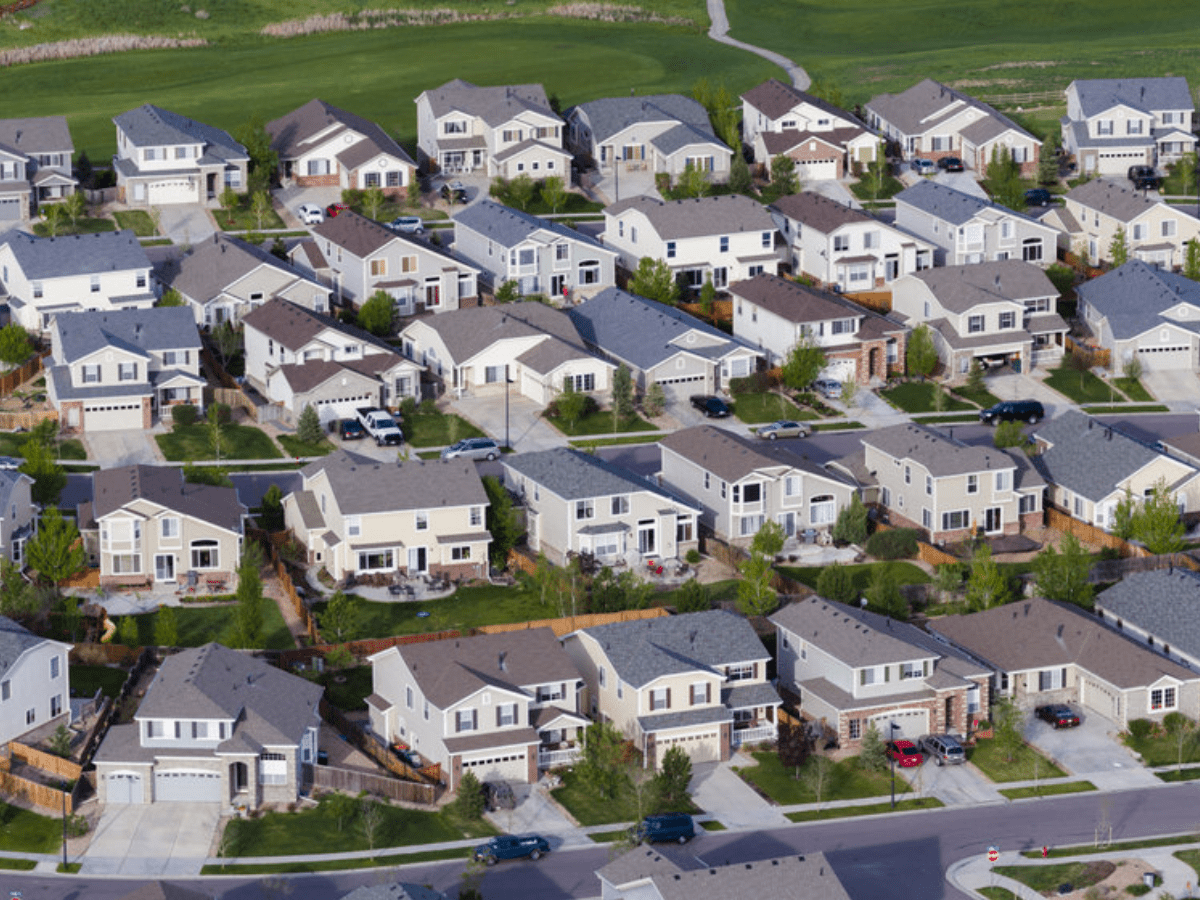
Stubborn Mortgage Rates Throw a Wrench Into the Spring Homebuying Season
Spring is usually the hottest time of year for home sales — a make-or-break season when buyers and sellers flood the market, hoping to strike deals before summer.
Yet this year the housing market just can’t catch a break. Mortgage rates have barely budged, hovering stubbornly around 6.6% for a 30-year fixed loan. That’s putting a damper on what was supposed to be a rebound year for home sales after two sluggish seasons.
And now with stock market chaos, recession fears and tariff uncertainty jolting the economy, buyers and sellers are left wondering: is now really the time to make a move?
Mortgage rates usually drop when the economy looks shaky as investors flee to the safety of bonds, pushing yields (and, in turn, mortgage rates, which reflect yields on 10-year Treasuries) down. But on April 2nd after President Trump announced sweeping new tariffs, the markets went haywire.
Stocks tanked, economists raised recession odds, and yet… mortgage rates barely moved. The average 30-year fixed mortgage rate dipped a bit to 6.62% last week, according to Freddie Mac, nowhere near the big drop some had hoped for.
“Even if we do see some relief in rates, it’s not clear to me this is going to translate to demand in the housing market,” said Chen Zhao, economics research lead at Redfin.
That’s bad news for a market already strained by low sales. Pending home sales in February fell 3.6% compared with last year, and 2024 was already the worst year for home sales since 1995. If buyers keep sitting out this spring, 2025 could be another bust.
Buyers Are Getting Cold Feet
A few weeks ago there were signs of life. Home showings in early April were up 39% from the start of the year, according to Zillow’s ShowingTime+. But then the tariff announcement sent stocks into free fall and suddenly buyers got nervous, delaying closing on a home and pausing their search altogether.
That’s understandable. Fannie Mae’s latest survey found that a third of consumers fear losing their jobs in the next year, the highest level since tracking began in 2011. Only 22% think it’s a good time to buy a home, down from 25% in February.
What’s Keeping Rates High?
Normally when stocks tank, investors rush into bonds, sending yields (and mortgage rates) lower. That happened briefly last week, but then bond yields reversed course because of fears over an economic slowdown. Even after the White House delayed tariffs for some countries, markets stayed jittery. Companies don’t know what trade policies are coming next, and neither do homebuyers.
“This is a hugely volatile time,” said Michael Fratantoni, chief economist at the Mortgage Bankers Association. His group had predicted an average 6.5% mortgage rate for 2025, but now that forecast is questionable.
Who’s Most at Risk?
For months, the housing market has been propped up by luxury buyers — wealthy households using stock gains or investments to fund down payments. But with the market swinging wildly, even those buyers might pull back.
About 16% of buyers used stocks, crypto or other investments for their down payment in 2024, per the National Association of Realtors. If their portfolios take a hit, they may delay buying.
Meanwhile, homebuilders are sweating too. Tariffs could yank up material costs, squeezing profits even further. Builder confidence just hit a seven-month low, according to the National Association of Home Builders.
If buyers stay sidelined, prices could finally start slipping, more so in areas with lots of new construction. Some Southeastern and Southwestern markets are already seeing declines, though most of the U.S. still has sky-high prices. A full-blown recession could speed up the slide.
The market is in limbo, for now. Rates aren’t high enough to crash prices, but they’re not low enough to lure buyers back. And with so much economic uncertainty, even a small dip in mortgage rates might not be enough to turn things around.
Frustrated buyers are asking: “Why rush into the biggest purchase of my life when everything feels so up in the air?”
That’s the question hanging over this spring’s housing market, and so far, there aren’t any easy answers.



